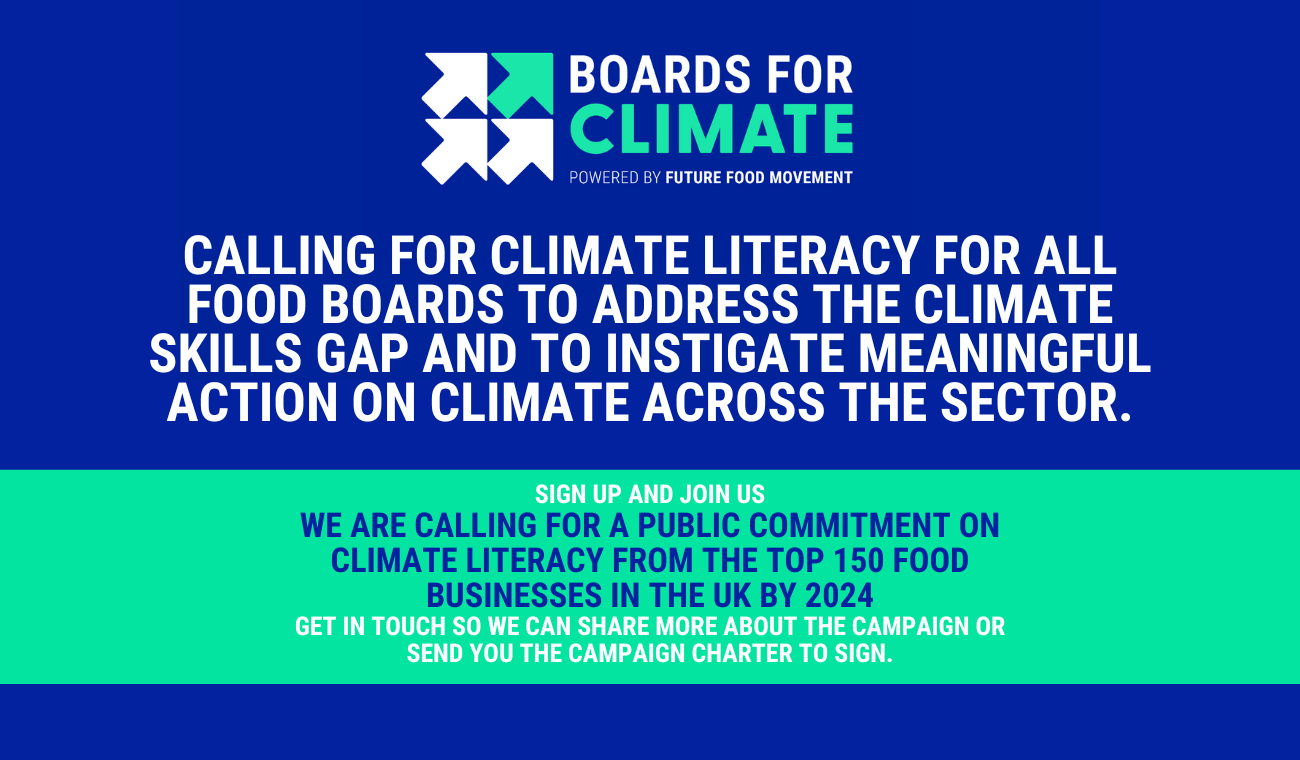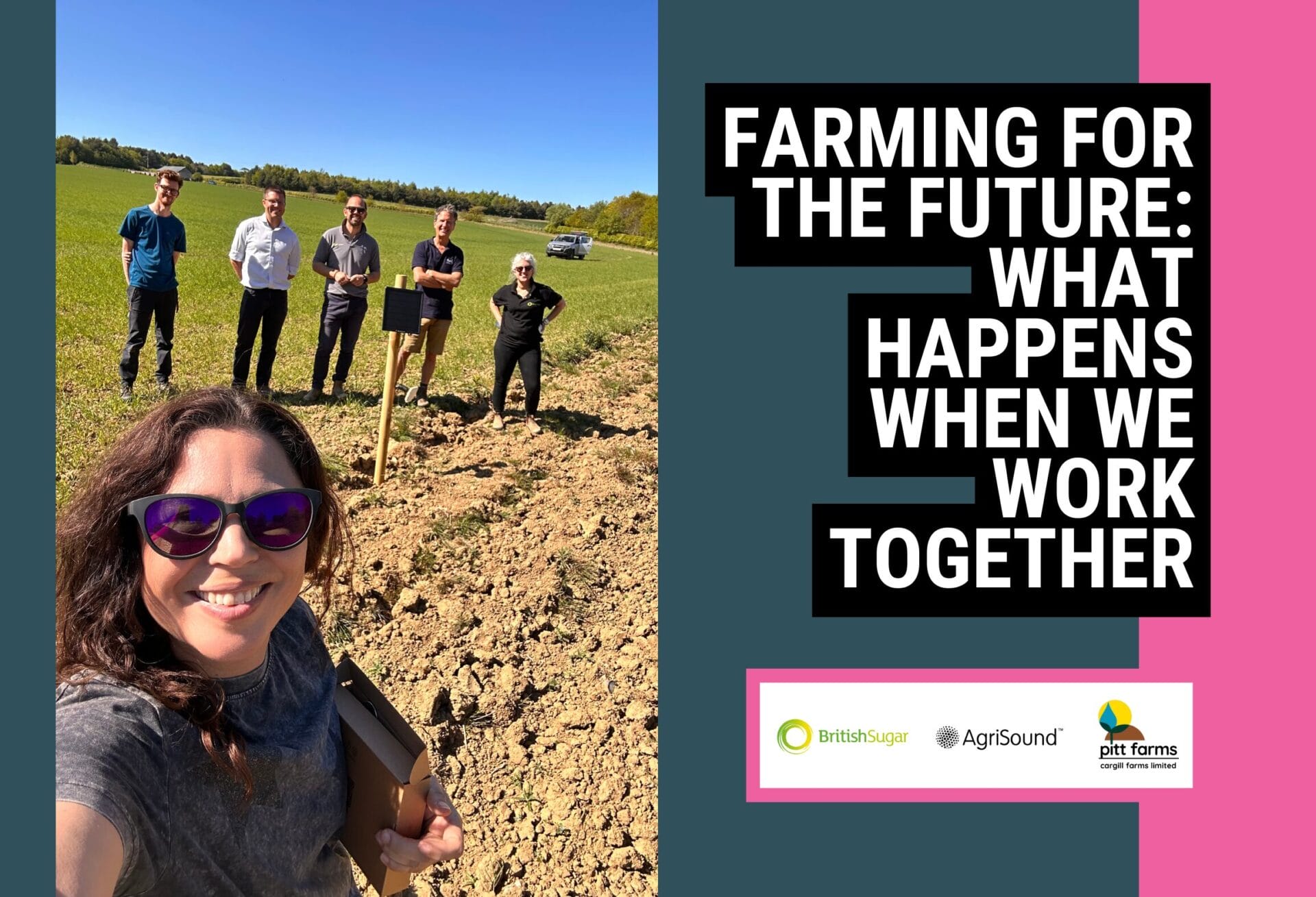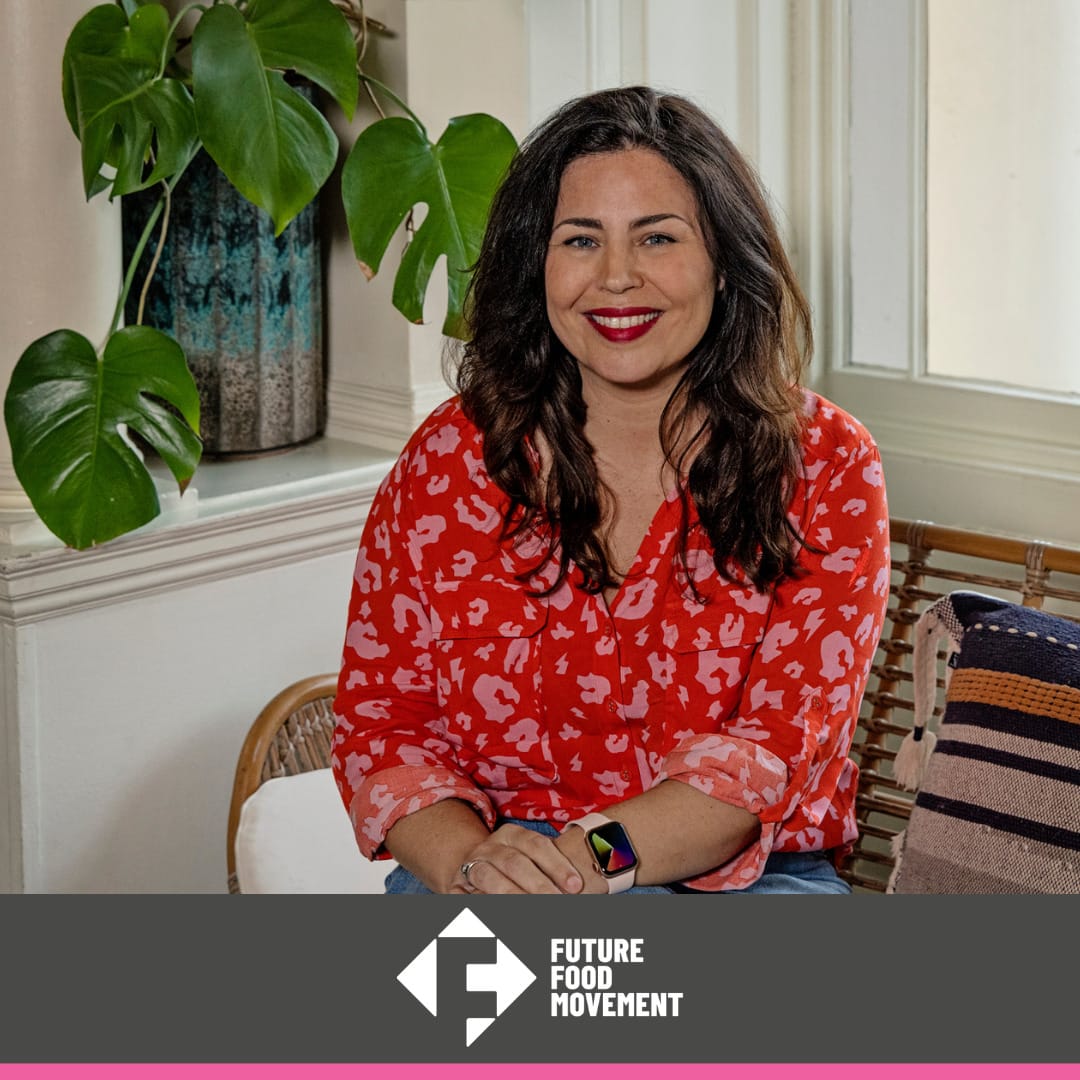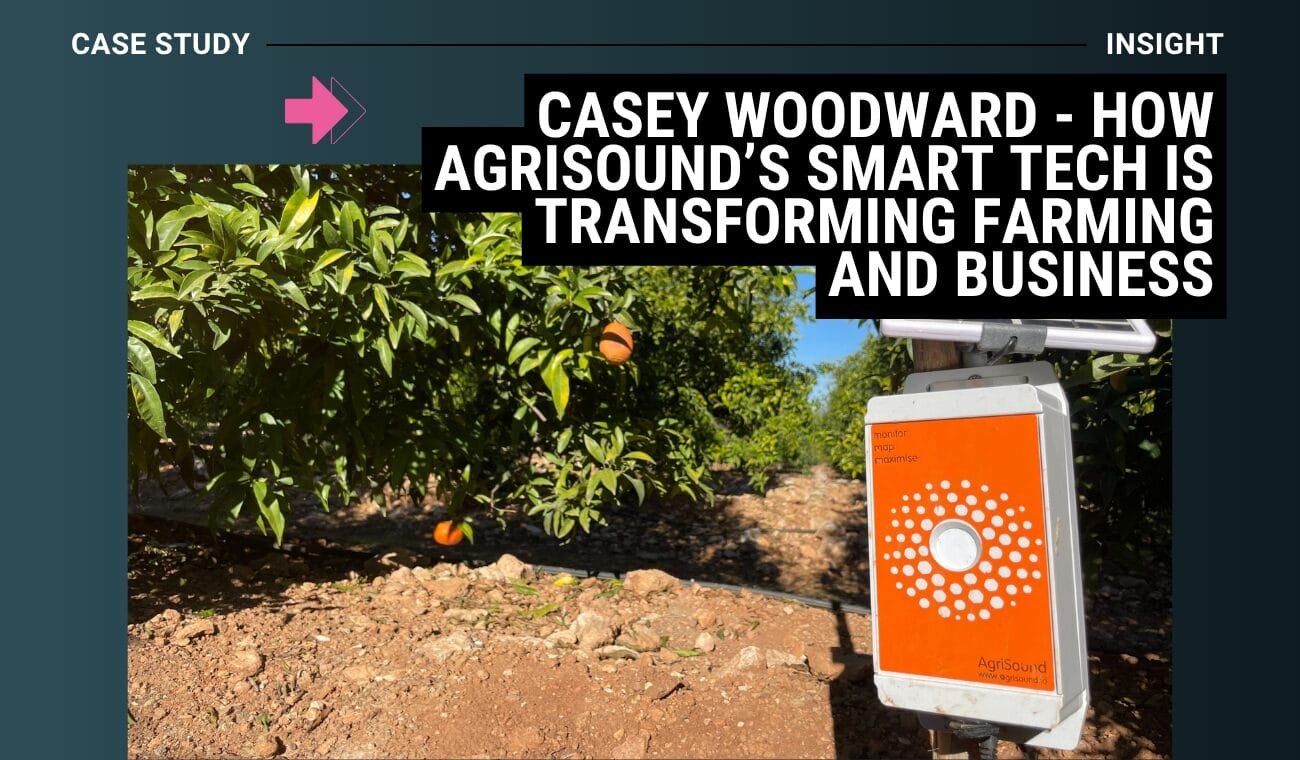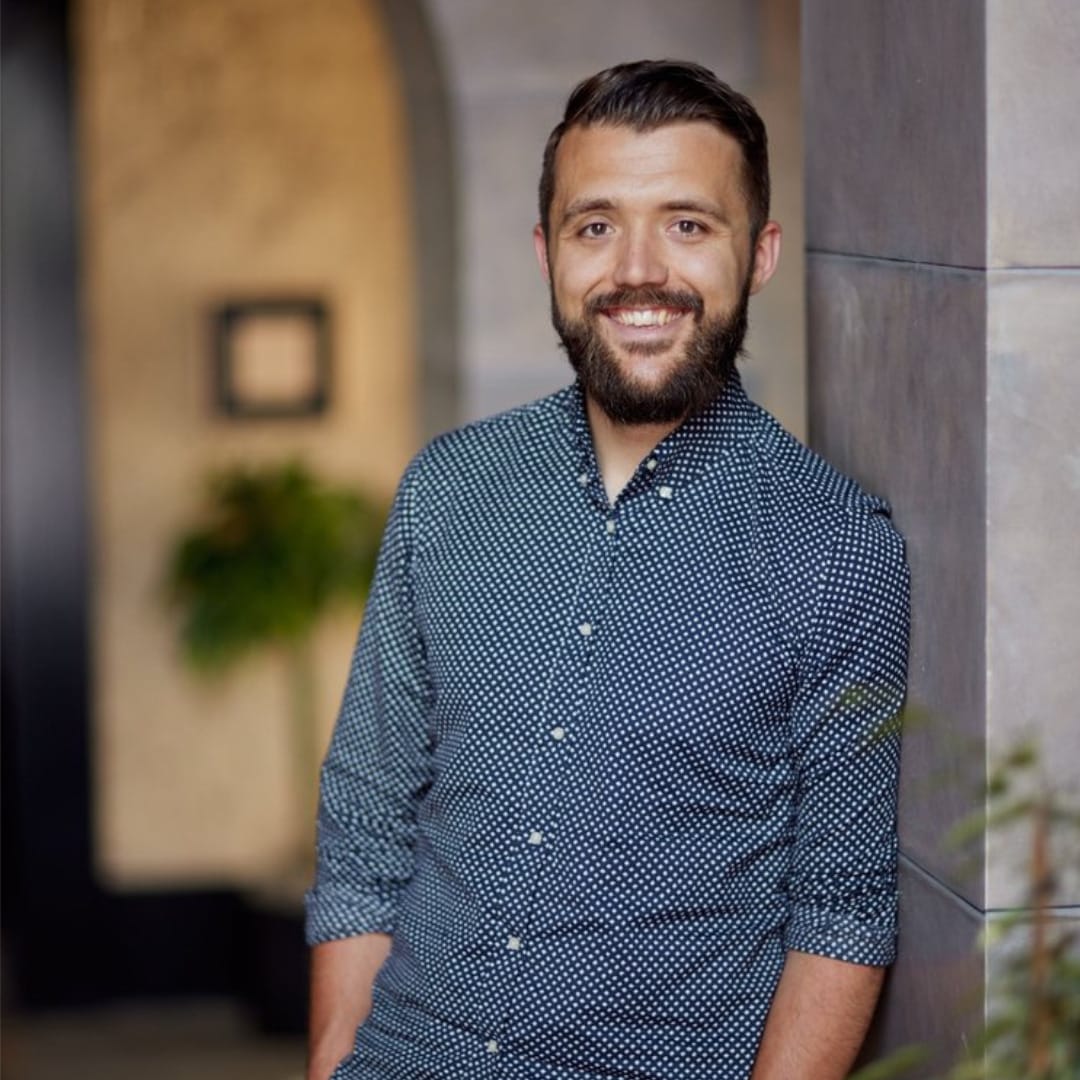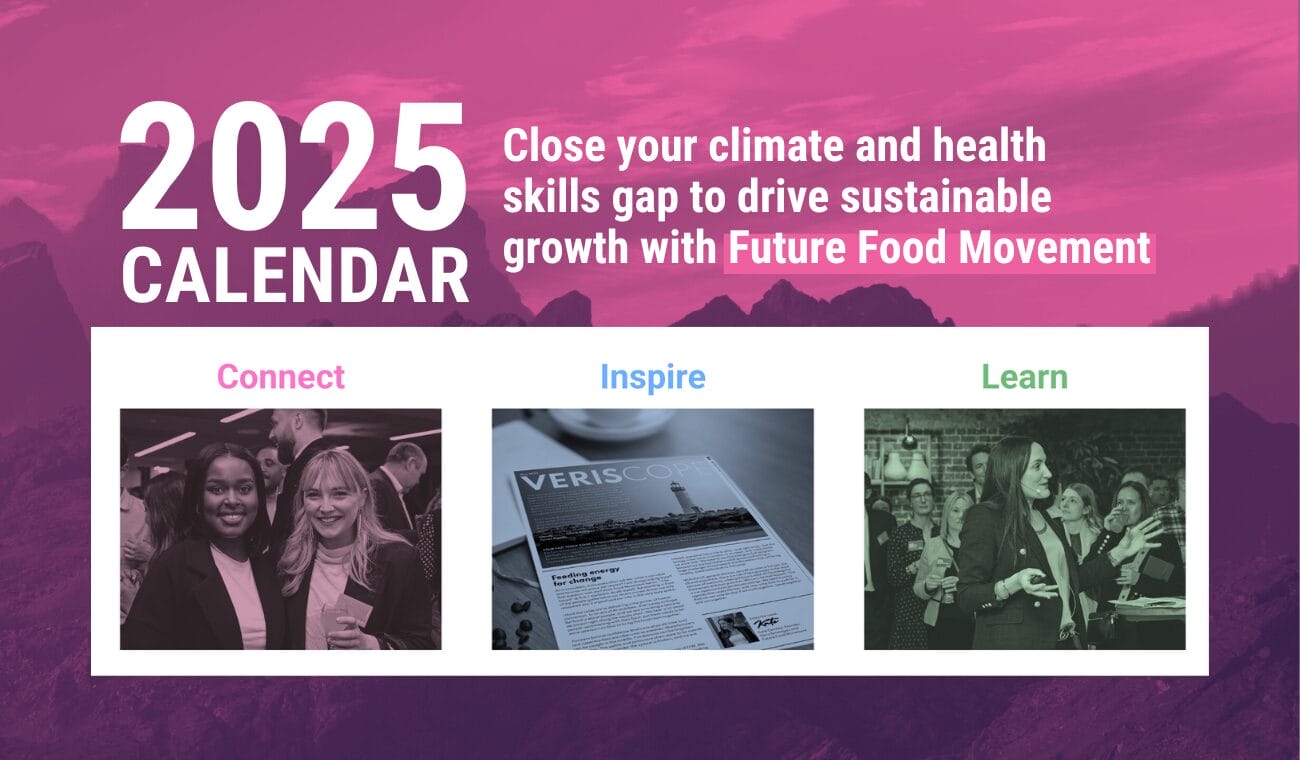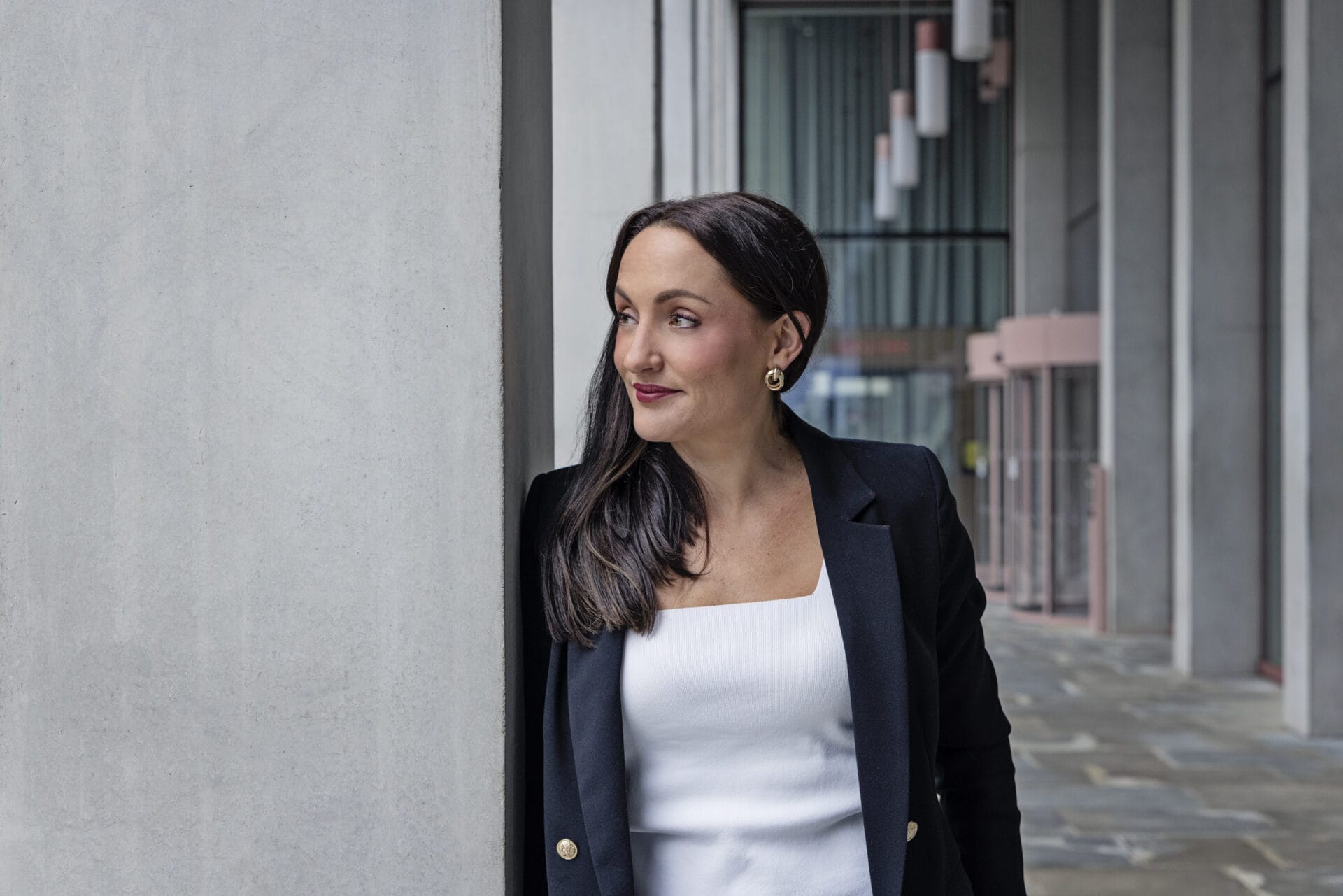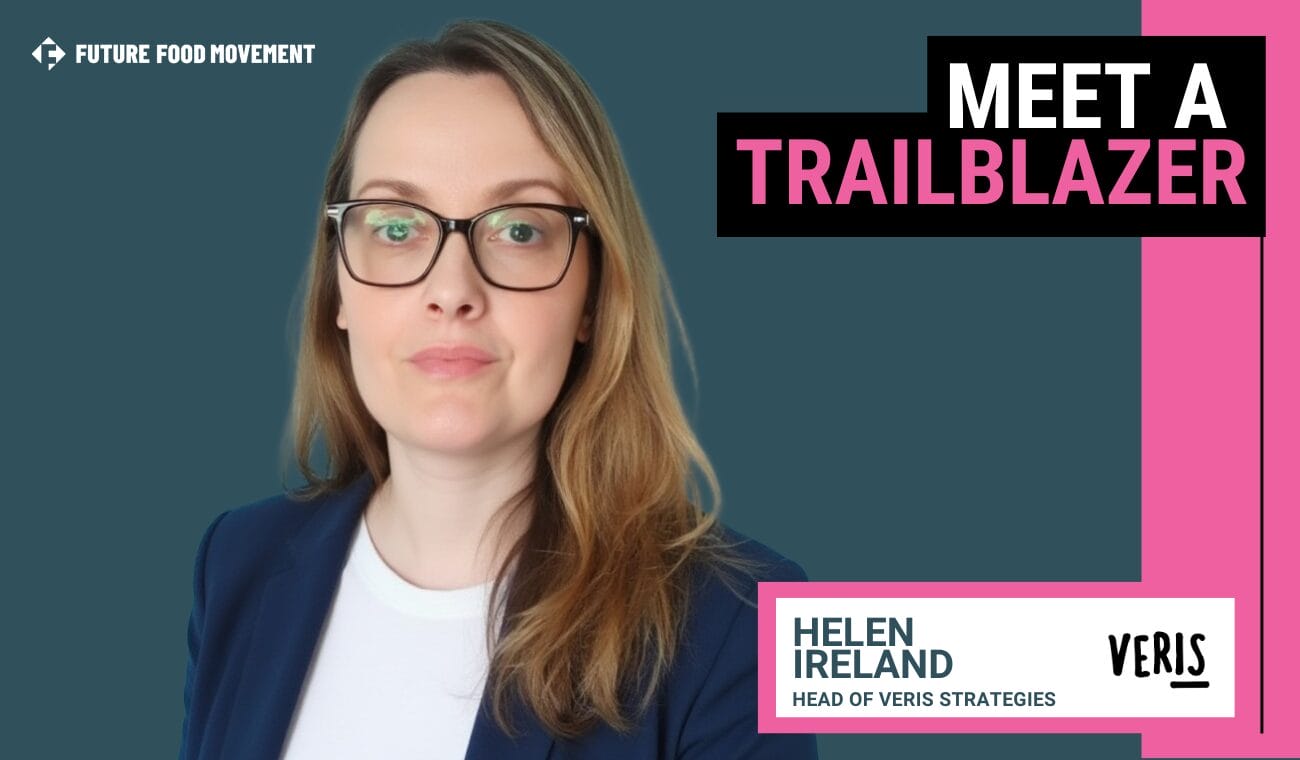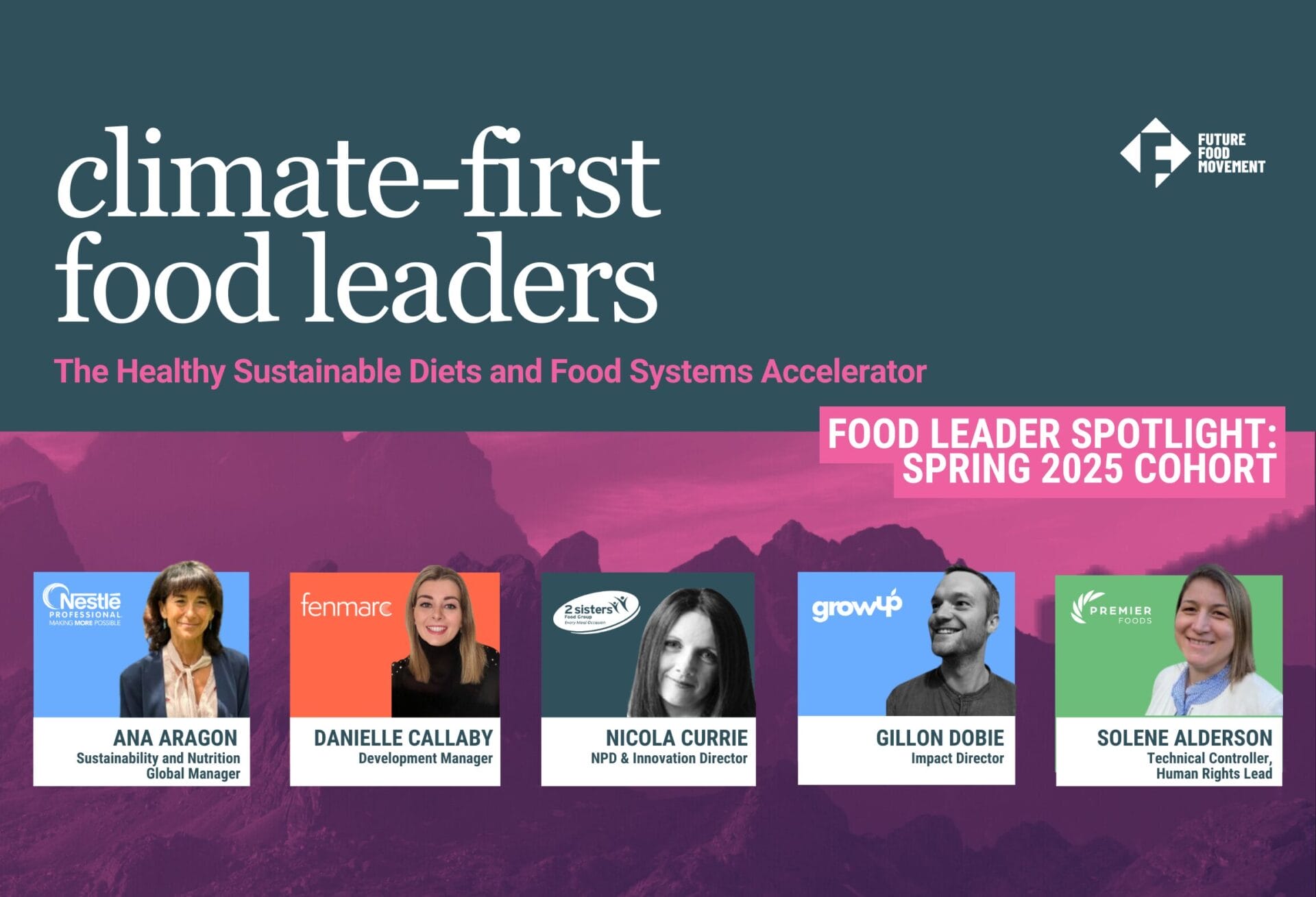
A company’s sustainability strategy is set by those at the top, and senior staff should be leading the way when it comes to living and breathing a greener lifestyle.
We only need to look at the IPCC report to see how behind we are as a food sector. We can’t park sustainability until tomorrow, and we’re just at the starting blocks of Board leadership on climate change.
What better way to discuss the opportunities and blockers than on the Sustainability Stage at IFE 2023 with Future Food Movement Coaches and Business Members
- TESS KELLY, HEAD OF EXTERNAL ENGAGEMENT, QUORN FOODS
- SARAH JOHN, CORPORATE AFFAIRS DIRECTOR, SSP GROUP
- KATE CAWLEY, FOUNDER OF FUTURE FOOD MOVEMENT
- ROB ILES, FUTURE FOOD MOVEMENT COACH & facilitator, founder of visionise
Board confidence, competency and capability on climate is a massive enabler to action – this is about securing food, managing risk and approaching the future with a clear purpose, building long term resilience alongside tackling short term challenges.
Here are the key take-aways:
+ Climate action has more impact if it comes from the top, and with careful, appropriate nudging, anyone in an organisation can encourage this.
+ This is not a temporary sticking plaster but a change in the lens through which we do business. Shift it from a topic to a framework, this is a mindset shift.
+ Both SSP Group and Quorn Foods have leaders and boards actively participating in sustainability which has a huge and influential impact throughout the business.
+ Boards will begin to look outdated if they don’t connect on this issue, losing future talent and customers.
+ Having a passionate, courageous leader and Board on sustainability is a game changer and motivates company-wide lightbulb moments and action.
+ We can’t underestimate the importance of target setting, reporting and incentives in maintaining momentum and keeping climate on the Board agenda.
+ Ultimately, colleagues can put together the greatest plans, but if the Board is not there emotionally or from a personal level, it will be too hard.
+ Use the levers that will connect in the most impactful way when preparing the business case for a climate literate board (investors, consumers, future talent, ingredient sourcing risks, our own children etc) Help the Board see what is coming, and that it is urgent and essential.
+ The biggest skills gap is the view that sustainability = carbon. We must view this holistically and bring in people, social justice, health and nature, and approach the true cost of the food we produce. This is complicated and there are trade offs, this is fast moving and is hard to stay on top of. Having a purpose that drives sustainability is critical to staying on track.
+ How to spot greenwash? Is the Leader or Board talking about these issues? If not, it is likely sustainability is not a core business focus.
+ Can you influence your Board? Yes. Don’t underestimate the power of your voice – a simple email, calmly outlining the facts with evidence will help advocate for change. Connect on a human level. Your voice is powerful.
+ Once the Board are bought into this, how does this get cascaded? Getting colleagues bought into a high level strategy is easy, but knowing how they contribute on a day to day basis is much harder. This is business wide transformation, and requires embedding objectives in reviews which accelerates action.
We are asking food businesses to commit to upskilling their board within the next 12 months –creating a transformational leadership team equipped to drive the change needed across the food industry. Sign the charter here.
